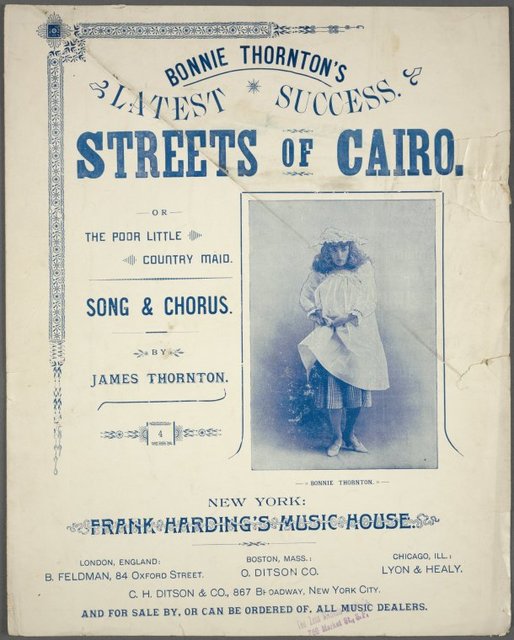Learn Chinese
Jin Au-Yeung, also known as Jin the Emcee, 2003 |

 |
Why do you think Jin the Emcee boasts about himself so much in this song? Is this typical in this type of song? Does it reflect anything about his status as the first Asian American solo rapper to sign with a major label? |
 |
What stereotypes of Asian Americans are mentioned in the lyrics? |
 |
Do you think the song reinforces these stereotypes or subverts them? |
 |
Compare the song to "The Streets of Cairo," from which it borrows a melody. Why do you think Jin the Emcee samples the older Tin Pan Alley song? |
|

"Learn Chinese" performed by Jin the Emcee on The Rest is History, © 2004. Available on iTunes, Spotify, and YouTube (official video).
|
 Rights have not been secured to reprint the words for this song. Please consult the following online resource for lyrics: Rights have not been secured to reprint the words for this song. Please consult the following online resource for lyrics:
http://www.azlyrics.com/lyrics/jin/learnchinese.html

|
|

Jin Au-Yeung's (b. 1982) parents, Joe and April Au-Yeung, emigrated from Hong Kong and settled in Miami in the 1980s. Jin attended North Miami Beach Senior High School and by age sixteen had decided that he wanted to become a rapper. In the early 2000s his family relocated to Queens, New York, where he became familiar with the local hip-hop culture.
Jin first earned fame when he appeared on the "Freestyle Friday" rap competition on BET's 106 & Park. Attempting to show their dominance over Jin, his mostly African American male competitors often tried to use his race to portray him as an inauthentic rapper. But Jin prevailed, and after winning several weeks in a row he was inducted into the "Freestyle Friday" Hall of Fame and signed with a major label, becoming the first Asian American solo rapper to do so.
 |
| Sheet music cover for "Streets of Cairo." |
"Learn Chinese" was controversial when it was released. Jin foregrounded his race by referencing stereotypes of Asian Americans, such as Chinese-food deliverymen, and by appropriating racial slurs. He had hoped this would make space for Asian Americans to participate in the world of rap, but the song backfired, and he was widely criticized for reinforcing stereotypes. In addition to Jin's rap, "Learn Chinese" features a synthesizer that adds a "Chinese" tone by approximating a Chinese zither and repeating the easily recognizable melody from the Tin Pan Alley song "The Streets of Cairo," published in 1895. Additionally, "Learn Chinese" borrows the orientalist melody of the bridge (sung by Ayeesha) from Jamaican reggae star Yellowman's "Mr. Chin" (1981). Yellowman's song, which describes how he seduced the daughter of Mr. Chin, is transformed in "Learn Chinese" to praise "Mr. Jin." |


